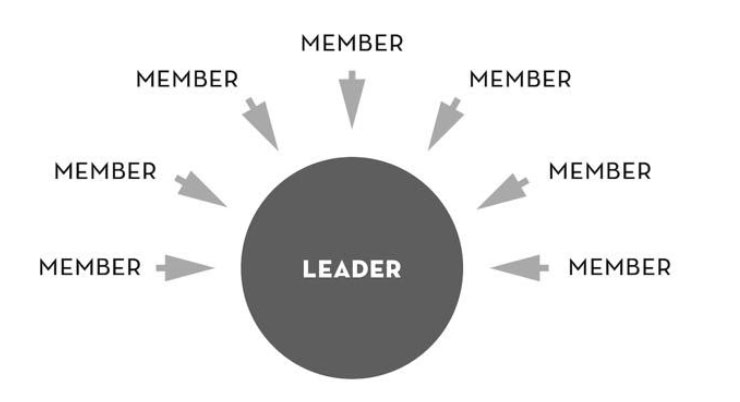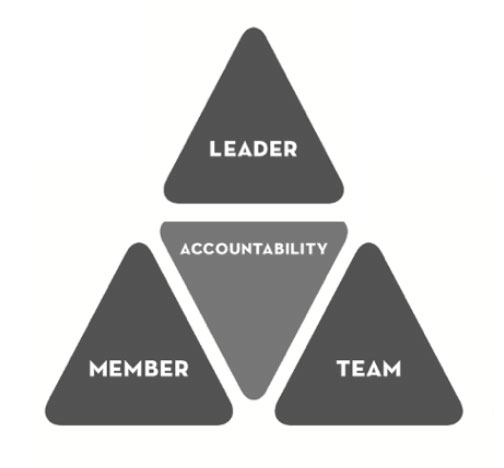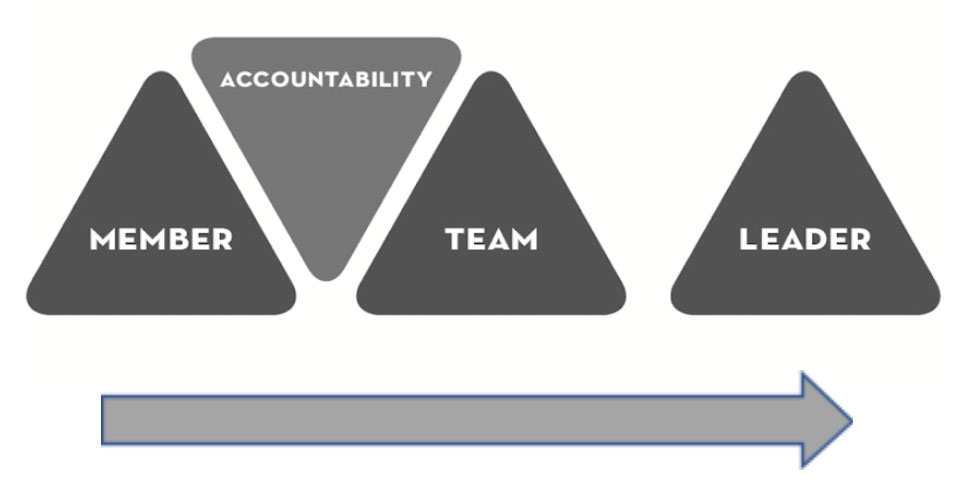How Accountability Can Serve Peernovation at Your Company

Peernovation, a combination of peers (people like me) and innovation (creativity realized), results from what people can create and implement in an organization that is bigger than any one person. Several factors make Peernovation possible. Yet, other than psychological safety, and assuming you have all the right people on your team, accountability is the next most important.
Is it the way you might traditionally think about accountability? Probably not.
I work with CEOs and team leaders every week who talk about holding their people accountable for achieving the results that square with the leader’s goals. When you hear employees talk about it, being held accountable makes them feel like they are always playing defense. They see the leader as being on the other side of the table versus being on the same side. This conclusion is understandable because several leaders have told me that they look for one person to own a goal so that if the employee doesn’t achieve it, they have “one throat to choke.”
From what I can tell, talking with CEOs and employees alike, employees can’t stand this dynamic, and, in fairness, most CEOs don’t like it much either. Once you see a picture of what it looks like, it can help us see new possibilities.
The individual team members are accountable to the leader in a structure that Tribal Leadership coauthor Dave Logan would characterize as setting up dyad relationships that do little to foster a spirit of team or teamwork. You can also see that the leader is not a part of the team, the leader is apart from it. Considering this, let’s look at a different construct.
In this model, in consultation with Dave Logan, we see the leader is a part of the team, not apart from it. Fostering a positive team accountability culture rests equally with the leader, the team, and its individual members. The team wins and loses together because team members publicly accept personal responsibility for bringing their A-games to achieve the task. Everyone lines up on the same side of the table, and they are there to support a strong culture of accountability.
The leader’s role in supporting such a culture is not as the enforcer, but as the backstop. Each team member accepts personal responsibility for reporting their outputs and outcomes to their fellow team members. If she does not, the team members (who are there to support each other’s success) care enough to ask, and on the off chance that doesn’t happen, the leader steps in to remind the team how much their commitment to one another is responsible for realizing peak performance.
Consider the following eight items for adopting a new mindset about accountability at your organization:
- Think about accountability as accepting personal responsibility (publicly state your intentions) for what you want to achieve and holding yourself accountable for giving your very best and asking for help when you need it. This approach stands for leaders and employees alike. Rather than play defense, be on offense.
- Be a part of the team, not apart from it. Once the team considers the CEO as someone who is on the team and prepared to support their success, they’ll follow her anywhere.
- Create a robust learning-achieving cycle. This cycle shows us how team members learn together, provide each other with the courage and encouragement to act on that learning, and take risks together to an organization’s benefit.
- Measure outputs, as well as outcomes. Place as much emphasis on what it takes to achieve the goals as the goals themselves. That way, when something doesn’t work, you’ll all understand, more quickly, whether a failure resulted because of a bad strategy or poor execution.
- The leader, the individual team member, and the team are equally responsible for creating a culture of accountability. Accountability should serve as a source of energy to pursue excellence, not as a burden to it.
- Be the backstop rather than the enforcer. Once your team takes ownership of a culture of accountability, you can fulfill your role as a servant leader by providing support as necessary.
- Great work should be the reward, not the goal. The best teams in sports regard winning championships as the reward for a daily commitment to excellence. The goal is getting better every day, hence the focus on outputs as well as outcomes. Great teams in business do the same.
- Win together, lose together. It’s not about one throat to choke. It’s about being all-in together – win or lose.
Summary: When a culture of accountability places leaders and employees on opposite sides of the table, it does more harm than good, particularly over the long-term. Accountability is not a four-letter word, however. When accountability truly becomes a team sport, everybody learns, improves, innovates, and achieves their goals far more often.
Commentary by Leo Bottary. Here’s what you’ve missed?
Highest Paying Jobs.
Highest Paying Sales and Marketing Jobs.
Highest Paying Science Jobs.
Add CEOWORLD magazine to your Google News feed.
Follow CEOWORLD magazine headlines on: Google News, LinkedIn, Twitter, and Facebook.
This report/news/ranking/statistics has been prepared only for general guidance on matters of interest and does not constitute professional advice. You should not act upon the information contained in this publication without obtaining specific professional advice. No representation or warranty (express or implied) is given as to the accuracy or completeness of the information contained in this publication, and, to the extent permitted by law, CEOWORLD magazine does not accept or assume any liability, responsibility or duty of care for any consequences of you or anyone else acting, or refraining to act, in reliance on the information contained in this publication or for any decision based on it.
Copyright 2024 The CEOWORLD magazine. All rights reserved. This material (and any extract from it) must not be copied, redistributed or placed on any website, without CEOWORLD magazine' prior written consent. For media queries, please contact: info@ceoworld.biz
SUBSCRIBE NEWSLETTER











